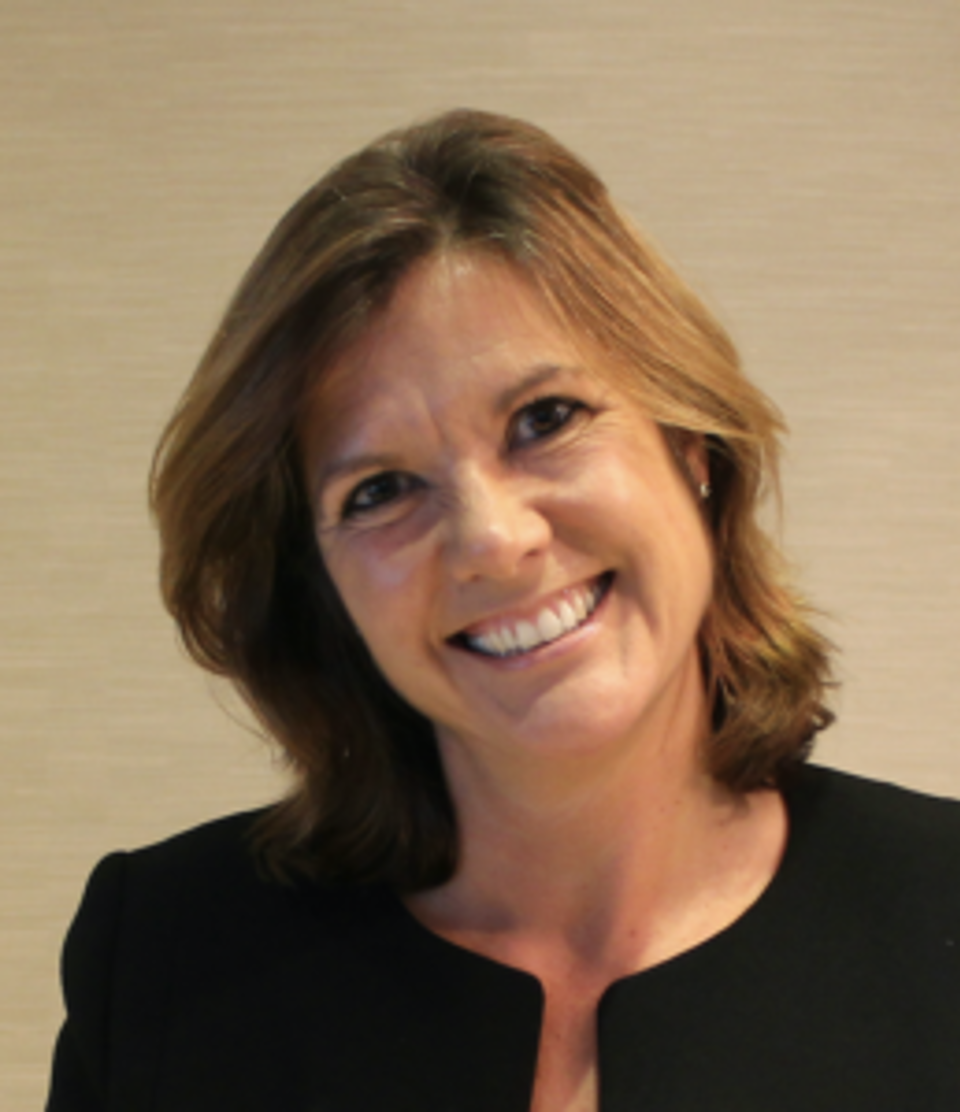Blog. “Once you understand the EAP, you fall in love with it” – Sally Beck on caring for your team
February 08, 2018 | Author Mark Lewis
Author: Mark Lewis
Sally Beck is the general manager of the Royal Lancaster hotel, London, and a staunch supporter of Hospitality Action. Her hotel has carried HA’s Employee Assistance Programme (EAP) for the past three years. Earlier this week, I spoke to Sally about why she values the programme and what benefits it delivers to her and her team.

Here’s what she told me:
“Once you understand the strength of the EAP care programme, you fall in love with it as an employer, because it’s entirely meaningful. It’s a safety net, something that Joe Public doesn’t have. It gives you the ability to call upon tangible help for your team when you can’t help them any further as a business.
We’re a caring employer. For me to pay £5 per employee to access your EAP demonstrates to our team a level of trust that when we say we always care, we genuinely do. We’re investing in the team: our team members feel they’re part of a family.
We’ve been in the Sunday Times Best 100 Companies for the last three years. I would say that being able to demonstrate that we genuinely care about the team and have put something in place to help them as an insurance is part of that. We list it in all our benefits and everyone’s got the leaflets, and we try to reiterate the EAP regularly. It builds trust, and if you haven’t got trust around your team, as a business it’s really hard to ask them to do things.
When I put the EAP in the budget, I put it in as a legitimate business expense for the future, not to be taken out if we have struggles on budgets, because I just don’t think you can give and then take away.
The EAP is part of our wider culture. I’ve got very low turnover here, and high levels of retention and engagement, and the programme is part of that story. I try not to have a blame culture, and I try to develop people as much as possible. People don’t start a job here, they start a career. The EAP is part of the joined-up thinking of being a good employer.
I’ve just recruited 161 people in six months. Were our benefits important in this process? Yes. Was our culture important? Yes. Millennials want to be sure they choose an employer that cares about the working culture and environment.
The EAP has given me a place to go when I know I’ve got team members who are struggling. I can say ‘here, have you tried this?’ If they’ve got debt issues, addiction issues, housing issues or anything else, they’ve got somewhere to go. My team all know about the EAP, but it only comes to the forefront of their minds when they’re in schtuck. That’s when we get out the EAP manual and say ‘take this, have a read. This is here for you, we pay for this for you’.
As a business leader, the EAP has helped me have meaningful conversations about people reducing their work or ending their work positively, rather than ending their career on a capability issue. We’ve started capability workshops, within the wider context of our commitment that we always care about our team’s futures. When you’re having hard discussions about an employee’s capability to work, due to cancer, mental health, disability or whatever, being able to offer flexible working plus EAP support makes that conversation easier. I don’t want to sack someone because they can’t do their job anymore. I want to look at everything I can to help them work as long as they can and as safely as they can, with the right support. The EAP allows us to work in partnership.
Knowing that HA’s care programme is there for team members when I can’t be, is invaluable. It gives me another option. Without it, at times I’d quietly have to say, ‘not my problem, I can’t do any more, as much as I care for you’. That leaves somebody vulnerable – and that doesn’t sit well with me.
And it can help with anything, that’s the joy of it.
It can be debt. We had a young apprentice chef who split up with her boyfriend, got kicked out of her accommodation, and was going to be homeless. The EAP helped her. We had another girl whose mum died and who had to take on the care of her younger siblings because she was the only bread-winner. I put her in touch with HA and again the EAP stepped in. I had a lady who, aged 30, lost her sight for three months. What did she do? She called the EAP.
A young chef recently left us for a job elsewhere, and they ran him into the ground. He wanted to return to the Royal Lancaster, and arrived back here suicidal. I rang HA and said ‘he’s not quite on our books again, yet’. They said, ‘pass him back to us, he’s one of ours’. They picked him up and helped him. He’s still alive today and I’m not sure he would’ve been without HA’s support.
You’ll have all sorts of issues on your team. We are all going to experience some of this stuff, that’s life. Even if you haven’t identified any mental health problems on your team, for example, believe me, they are there.
The EAP goes with my values. It means that I can show that we care and ensures team members get the wraparound support we can’t always provide as an employer.”
